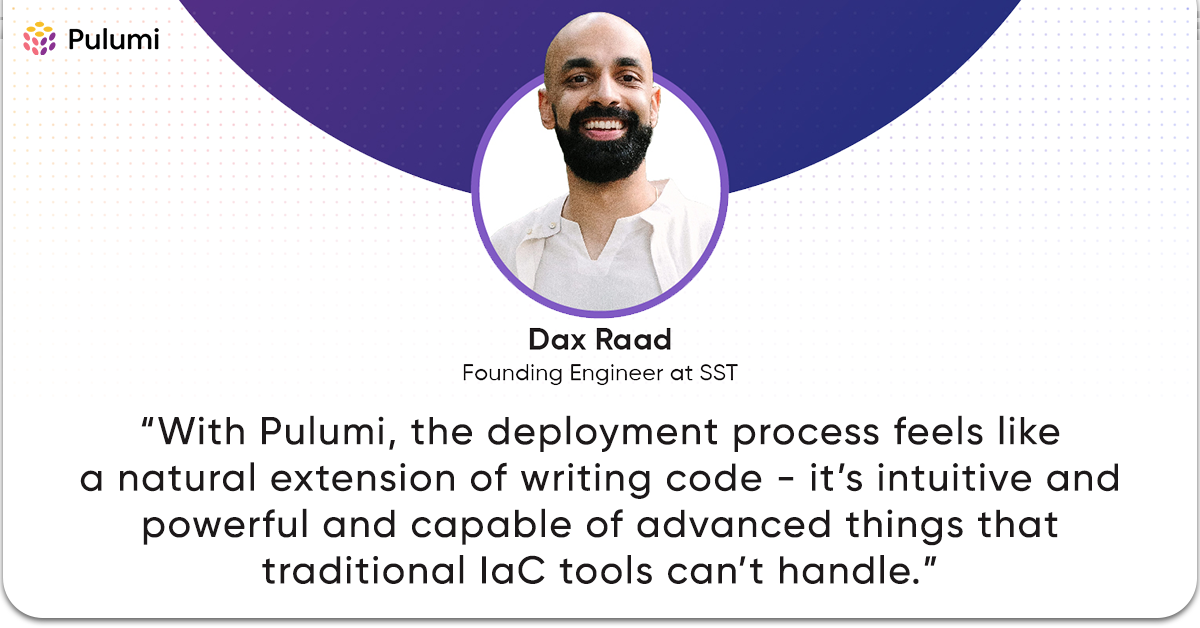Neo: Zero-downtime migration from CDK, Terraform & Azure ARM

The barrier to migrating to Pulumi has always been the infrastructure you already have. Your existing resources can’t be disrupted, and manually importing them into a new tool is risky and time-consuming. Today, we’re excited to share how Neo removes this barrier entirely with automated, zero-downtime migration to Pulumi from AWS CDK, AWS CloudFormation, Terraform, CDKTF, and Azure ARM templates.


